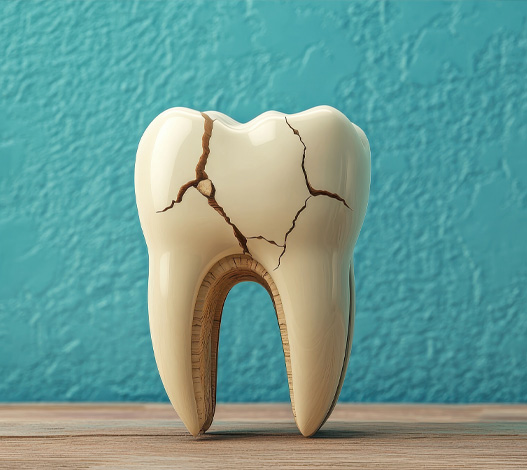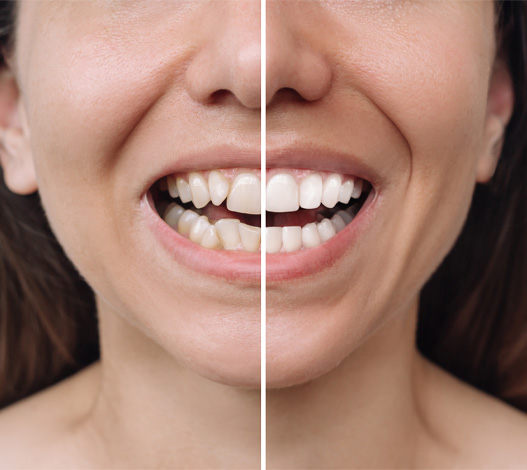Scaling and root planing is a common dental procedure used to treat gum disease. Also known as deep cleaning, scaling and root planing involves removing plaque and tartar buildup from below the gumline and smoothing the root surfaces of your teeth. In this article, we will discuss the benefits of scaling and root planing and what to expect during the procedure.
What is scaling and root planing?
Scaling and root planing is a non-surgical procedure used to treat gum disease. During the procedure, Dr. Greene or one of our dental hygienists will use special instruments to remove plaque and tartar buildup from below the gumline. They will then smooth the root surfaces of your teeth to remove any rough spots or bacteria that can lead to gum disease.
The procedure is usually done in two parts, with half of your mouth treated at each appointment. Local anesthesia may be used to ensure your comfort during the procedure.
Benefits of scaling and root planing
Scaling and root planing offers many benefits for patients with gum disease. Some of these benefits include:
- Improved oral health: Scaling and root planing removes bacteria and tartar buildup from below the gumline, reducing your risk of gum disease and other oral health problems.
- Fresher breath: The procedure can help eliminate bad breath caused by gum disease.
- Reduced bleeding and inflammation: Scaling and root planing can help reduce bleeding and inflammation in your gums, improving the health of your gums and preventing tooth loss.
- Prevents future gum disease: Scaling and root planing can help prevent future gum disease by removing bacteria and tartar buildup that can lead to gum disease.
What to expect during the procedure
Scaling and root planing is a non-surgical procedure that typically takes about an hour per half of your mouth. Your dentist or dental hygienist will use special instruments to remove plaque and tartar buildup from below the gumline. They will then smooth the root surfaces of your teeth to remove any rough spots or bacteria that can lead to gum disease.
Call Our Office for More Information
Call Us: (443) 406-6884 | Request an Appointment
After the procedure, you may experience some sensitivity and discomfort in your gums. You may also experience some bleeding or swelling, but this should subside within a few days.
It’s important to maintain good oral hygiene habits, including brushing twice a day and flossing daily, to prevent future gum disease. You should also schedule regular dental check-ups and cleanings to ensure your gums remain healthy.
In conclusion, scaling and root planing is a common dental procedure used to treat gum disease. The procedure involves removing plaque and tartar buildup from below the gumline and smoothing the root surfaces of your teeth. Scaling and root planing offers many benefits, including improved oral health, fresher breath, reduced bleeding and inflammation, and preventing future gum disease. If you have gum disease or suspect you may have gum disease, call us today, and Dr. Greene can help you determine if scaling and root planing is right for you.
Call (443) 406-6884 to schedule your visit at Piney Orchard Dental, which proudly supports the oral health of our neighbors in the Odenton, Crofton, Gambrills, and Severn, MD area.


